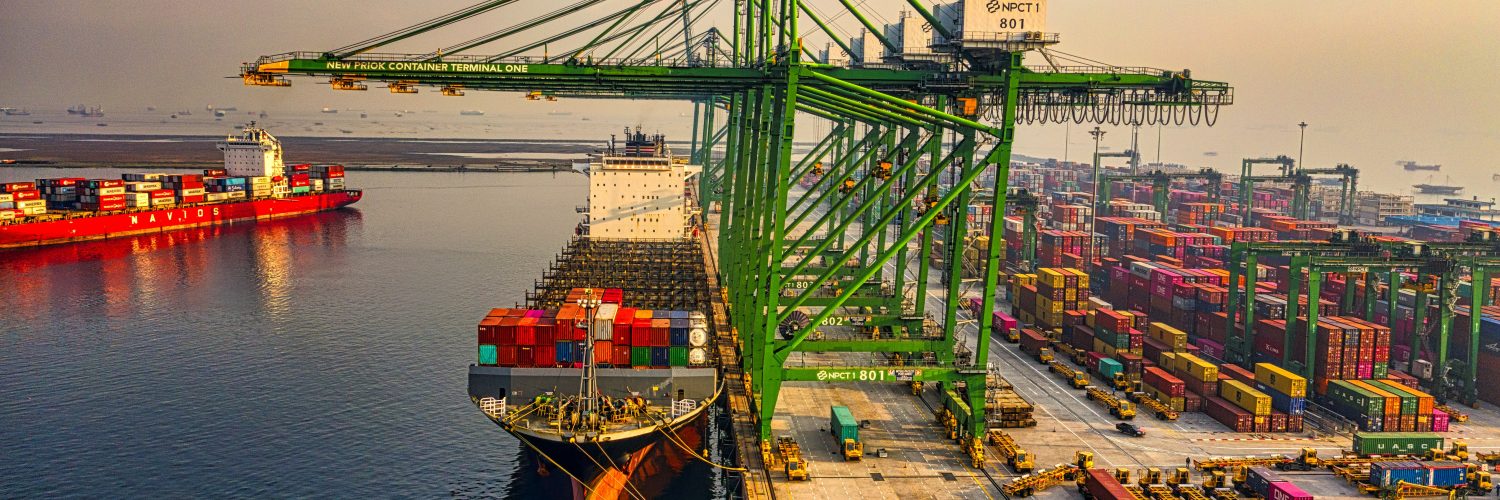The responsibility of decision making is a duty you know well. As someone who holds a leadership position in your organization, making the right decisions comes with its rewards, however, the role also comes with its risks.
As technology solutions providers to logistics companies across the globe, we’ve noticed a few things. Throughout our consultancy sessions with these company leaders and/or decision-makers, one thing that is constant across all regions our clients come from is that anyone who must ultimately make the decision whether to automate or not has their fears. Naturally.
They have concerns about all sorts of issues that could pop up. Of all of them, we’ve identified the three most common areas we get a lot of questions on. We’ve listed them for you below.
Fear #1: Will technology replace my human resources?
No leader wants to let go of their staff. Our human resources are our company’s biggest assets. So, does automating business processes mean that I will have to fire an entire line of my employees?
Automation is most effective when it complements people, not replaces them.
Human resources are necessary to manage and oversee the automation process. Technology cannot replace the human mind. Our employees are needed for exception management, filing, data validation and other tasks only humans can perform. However, automation will reduce the amount of money spent on human resources, and also reduce the amount of time taken to complete tasks, increasing productivity and profitability.
Fear #2: Will small oversights lead to big upheavals?
When logistics businesses decide to upgrade by automating their workflows, the entire system of routine jobs and repetitive chores that were formally run by data entry persons will now switch to being automatically performed. As everything will depend on the database entered into the system, company leaders wonder if big trouble awaits them should a minor glitch occur.
Without the willingness to learn lessons, there is no growth, and without growth there will never be change.
This is how companies succeed. A refusal to automate in today’s hyper-competitive business landscape just because of the risk of accidents stifles innovation, lowers productivity and profitability, and increases overheads and employee churn rates. To experience all the benefits of automation technology, it is critical to eliminate this trust deficit by finding the technology solutions provider that offers technical support to pull your team through should errors take place.
Fear #3: What if the changes are too big to adapt to?
Everything is done. The shift has been made and your automation facilitator has set up all the procedures for technology to steer your company forward. Your team has been trained, and automated systems are about to go live. But what if my team finds it too hard and complicated? Will we be able to adapt to this change?
The solution: Start small.
Automation should be a gradual process. Your company should not have to deal with a technological revolution right from the get go.
Contrary to popular belief, the results of automation will not be seen overnight. It will be a gradual process over time, and people aren’t all going to lose their jobs tomorrow. But in the long run, it is a time saving, cost-reducing action; and initiation will take effort and training, but adaption can be as slick as a whistle!
Any other fears?
Are you thinking of automating your logistics business, or have you other fears that we have not covered in this article?
You can always book a consultation session with one of our team members who will be happy to answer your questions and guide you through the process.






